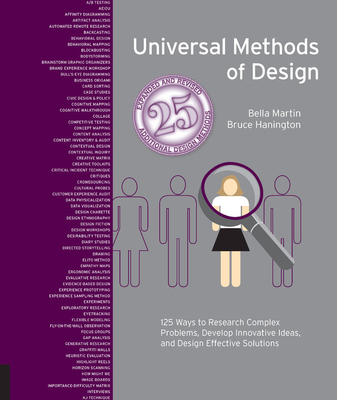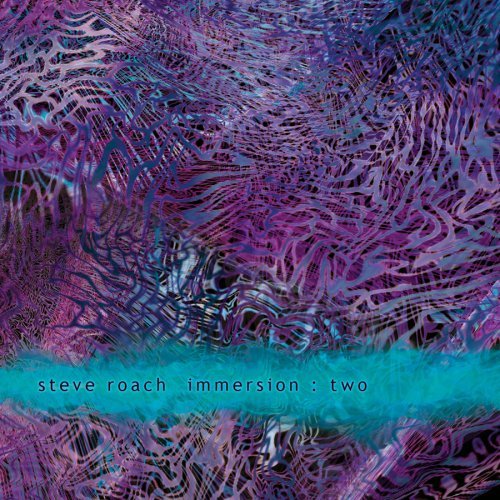
description
3Who knew modern civilization may be brought down, not by plagues or war, but by bees? Or, more correctly, by no bees? This book investigates the growing problem of bee mortality and offers practical measures we can all take to help. In ecological terms, bees play a critical role in the survival of many plant communities and continuation of life on this planet. No pollination, no seeds. No seeds, no future. Now that bees are facing unprecedented levels of die-off caused by a toxic mixture of environmental stresses, a community-based effort is needed to make gardens, fields and landscapes healthy sanctuaries for bees. Just as citizens banded together to produce Victory Gardens to offset the perilous food shortages of World Wars I and II, now a similarly vital level of collective effort is needed to make our gardens into lifesaving shelters for these essential creatures. Planning a bee-friendly space can provide a beautiful and bountiful selection of edible crops, native plants and fragrant ornamentals, as well as herbs that have medicinal properties for both pollinators and people. With the help of ten inspiring garden plans and planting guides, Weidenhammer shows how bee-friendly plants can be used in creative combinations for plots and pots of all sizes, and are easily grown by novices and seasoned gardeners alike. In the spirit of the history-making Victory Gardens, readers will learn how to pack optimum benefits into a limited space for the survival of hive and home, and backyard beekeepers will learn great planting strategies for making sure their honeybees are healthy and have ample food to overwinter. Victory Gardens for Bees is also buzzing with DIY projects that will provide nesting sites and essential supplies for precious pollinators. With plenty of photographs to help readers identify bees of all stripes, beekeeping tips and other interesting bee-phemera, this book is a must-have for anyone who wants to do their part to save bees.
member goods
No member items were found under this heading.
Return Policy
All sales are final
Shipping
No special shipping considerations available.
Shipping fees determined at checkout.







